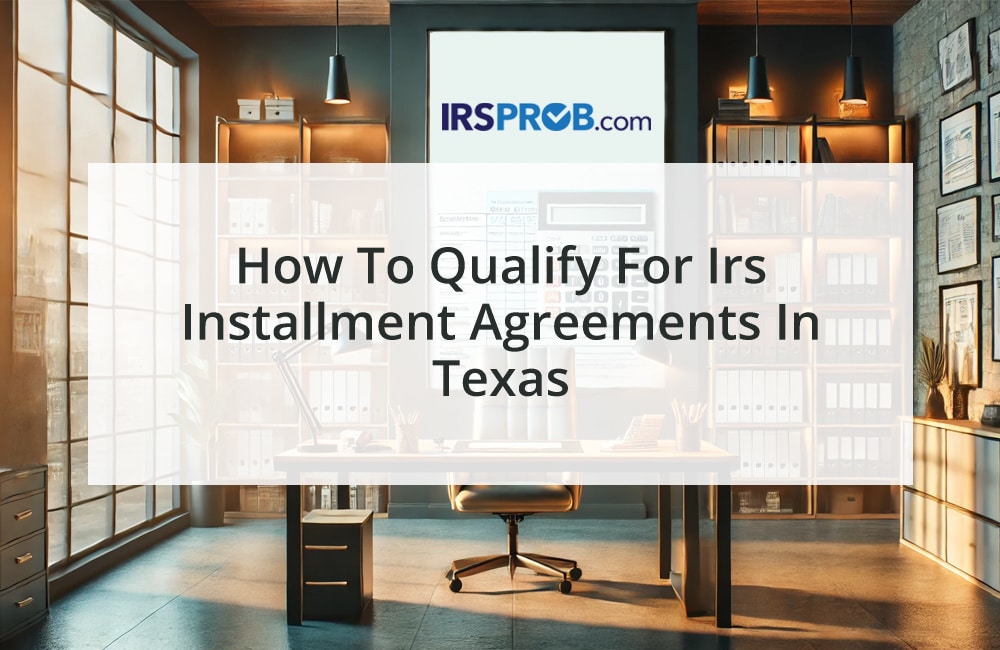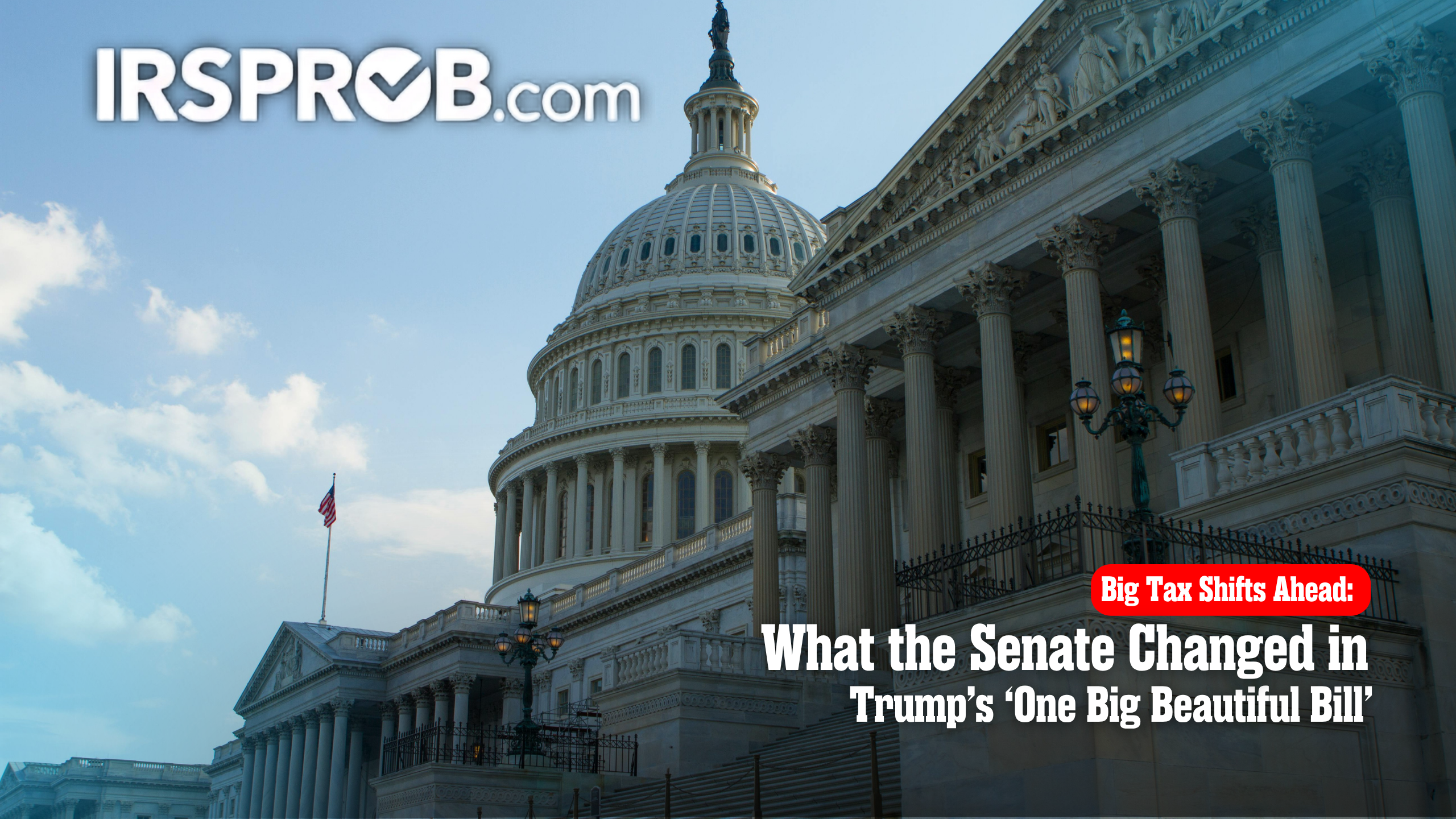[vc_row][vc_column][vc_column_text]
Self-employment taxes are to individual business owners what payroll taxes are to employers and employees.
They fund Social Security and Medicare
All individuals with self-employment income must pay self-employment taxes. When business owners reach retirement age, they’ll be able to collect Social Security and Medicare A (hospital insurance) benefits if they paid self-employment taxes for at least 10 years. You pay self-employment taxes on your net earnings from self-employment, not your entire business income.
Self-employment taxes are not insubstantial
Indeed, many business owners pay more in self-employment taxes than income taxes. The self-employment tax has two components:
1. a 12.4 percent Social Security tax up to an annual income ceiling adjusted for inflation each year ($147,000 for 2022), and
2. a 2.9 percent Medicare tax on all net earnings from self-employment.
You pay the 12.4 percent Social Security tax on the first $147,000 of net earnings from self-employment. You pay the 2.9 percent Medicare tax on all net earnings from self-employment.
If your net earnings from self-employment are over $200,000 if you’re single, or $250,000 if you’re married filing jointly, you must pay a 0.9 percent additional Medicare tax on net earnings from self-employment over the $200,000 threshold, for a total 3.8 percent Medicare tax.
Excluding the additional Medicare tax that’s levied solely on employees, the self-employment tax rate is the same as the combined Social Security and Medicare payroll tax paid by employees and employers. But with employment, employers pay half of the taxes while withholding the other half from their employees’ wages.
If you earn both W-2 wages and self-employment income, you count your W 2 first as if you had no self employment income. If your W-2 wages exceed the annual ceiling, no Social Security taxes are due on any of your self-employment income. In this case, you pay less in taxes under the ordering rule because it allows you to use all or part of the Social Security wage ceiling with your employee income before applying the formula above. You report your self-employment taxes on Form SE and pay them along with your income taxes. You must include them in your quarterly estimated taxes.
You pay self-employment tax if you earn income on a 1099, operate as a single-member LLC, do business as a sole proprietor, are a general partner in a partnership, are an LLC member in a multi-member LLC, or are a co-owner of any other business entity taxed as a partnership.
You determine if your activity is a business under the same rules you use for deducting business expenses. The general rule is that a business is an activity you engage in regularly and continuously to earn a profit. You don’t have to work at a business full-time, but it can’t be a sporadic activity. You don’t pay self-employment taxes on personal investment income or hobby income. For example, you don’t pay self-employment taxes on profits you earn from selling stock, your home, or an occasional item on eBay.
The self-employment tax is not a progressive tax. It starts immediately—on dollar one, once you have over $433 in Schedule C, E, or F net income from a business.
In general, rental income is not considered self-employment income and is not subject to self-employment taxes unless it is received as part of a real estate dealer’s trade or business.10 Rents from personal property leased with
rental real estate, such as kitchen appliances, are also not self-employment income.
Rental income from equipment leasing is subject to self-employment taxes.
Services for tenants can trigger self-employment taxes
The IRS explains this well in Regulation 1.402(a)-4 as follows :Services rendered for occupants. Payments for the use or occupancy of rooms or other space where services are also rendered to the occupant, such as for the use or occupancy of rooms or other quarters in hotels, boarding houses, or apartment houses furnishing hotel services, or in tourist camps or tourist homes, or payments for the use or occupancy of space in parking lots, warehouses, or storage garages, do not constitute rentals from real estate; consequently, such payments are included in determining net earnings from self-employment. Generally, services are considered rendered to the occupant if they are primarily for his convenience and are other than those usually or customarily rendered in connection with the rental of rooms or other space for occupancy only. The supplying of maid service, for example, constitutes such service; whereas the furnishing of heat and light, the cleaning of public entrances, exits, stairways and lobbies, the collection of trash, and so forth, are not considered as services rendered to the occupant. IRS Chief Counsel Advice 202151005 noted that some services may not trigger the self-employment tax, but that advice gives little guidance as to what those services may be.
In general, interest income is not subject to self-employment taxes. But interest received in the course of a trade or business is subject to such taxes. For example, interest received by merchants on their accounts is subject to self-employment taxes because they receive the interest in the course of their businesses.
Like interest income, dividends on stock are not included in net earnings from self-employment unless the recipient is a dealer in securities who receives the dividends in the course of the dealer’s business.
You don’t include in net earnings from self-employment gain or loss from15
the sale or exchange of a capital asset, or the sale, exchange, involuntary conversion, or other disposition of property unless it is inventory.
The income earned by an S corporation passes through the business to the individual shareholders as dividends or distributions. Such pass-through S corporation income is not trade or business income to the shareholders and is
not subject to self-employment taxes.
But, as the example illustrates, if an S corporation shareholder also works in the corporation’s business, he or she must ordinarily be classified as an employee and paid a salary for the services rendered. S corporation salary
payments to shareholders are subject to payroll taxes just like salary payments to any other employee. What constitutes a reasonable salary for an S corporation shareholder-employee is a contentious issue that has been on the IRS’s radar for many years. Suppose a shareholder-employee is paid an unreasonably low salary to avoid payroll taxes. In that case, the IRS can reclassify the dividends or distributions paid to the shareholder as employee wages upon which payroll taxes must be paid.[/vc_column_text][us_image image=”3629″][/vc_column][/vc_row]








